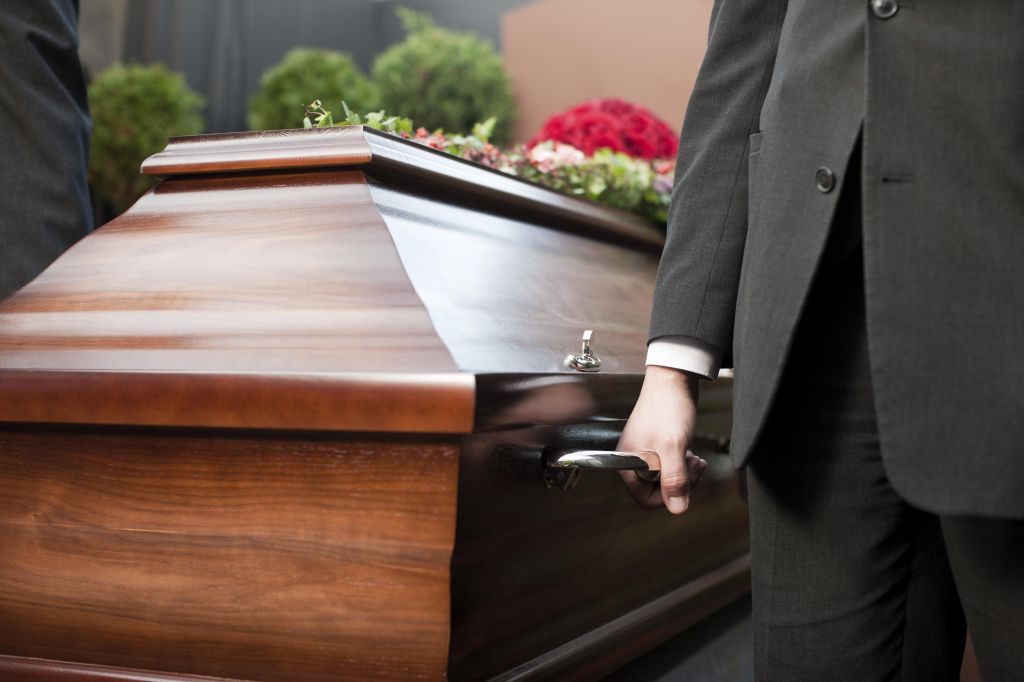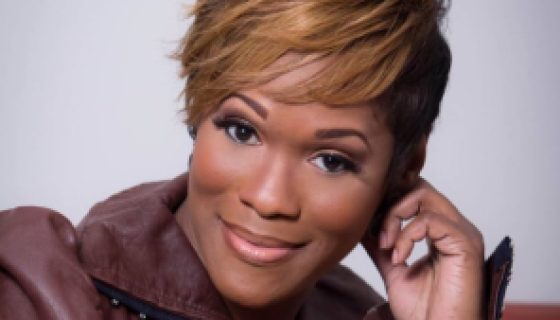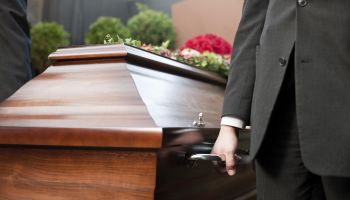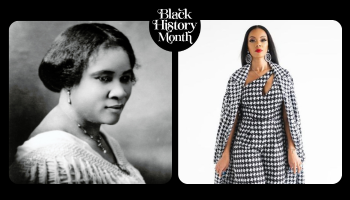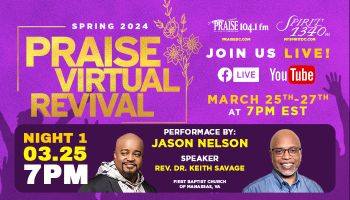
Enter a New York City subway station and there’s a good chance you’ll hear some sort of street performer playing for money—some enjoyable, some not so much. But walk into a Metro station, and you won’t find any live entertainment, except maybe the accidental kind. And there’s a reason for that.
The Washington Metropolitan Area Transit Authority strictly prohibits people from engaging in commercial activities on Metro property, unless the parties have struck an agreement with Metro beforehand. Even free-speech activities on Metro property have to adhere to strict guidelines, which effectively prohibit such activities in many visible spots.
One guitarist, Alex Young, sued Metro last month, arguing that he should be able to play music on Metro property while asking for donations from passers-by. Over the last couple of years, transit police have asked Young to leave Virginia Metro stations on numerous occasions while he performed in front of his open guitar case asking for money. He has always complied, and never been arrested.

The question now for the U.S. District Court for the District of Columbia is whether busking is considered free speech, commercial activity, or simply glorified panhandling, which is banned on Metro property.
In his suit, which was originally filed on July 16, Young argues that busking is a form of free speech and that he’s not really asking for money, just accepting donations. Young claims his open guitar case is a form of expression in and of itself, and is a way for him to say that the public should support art.
Metro rules bar free-speech activities like demonstrations in the underground portions of Metro stations, as well areas of its stations past the turnstiles. Instead, these activities must occur at least 15 feet away from “any escalator, stairwell, faregate, mezzanine gate, kiosk or fare card machine.” Young claims that he met these location requirements at all times. Young wants the court to rule that busking is permitted under Metro’s free-speech rules, and if it’s not, to declare Metro’s free-speech rules unconstitutional.

“If I am not allowed to accept donations, it would change how perceive me [sic] because they would think that playing music is just a hobby (which it is for some street performers, but not for me),” Young wrote in a second motion. “It is important for me to have an open guitar case (or tip jar) so that people understand that if they want to have art and music in the world, artists need to be supported.”
Richard Sarles, Metro’s general manager, filed a response to Young’s complaint in which he writes that he believes busking is a commercial activity and is thus prohibited by Metro. The fact that Young concedes he uses the money he gets from tips to provide for himself, Sarles writes, undermines the musician’s claim that busking is not a commercial activity.
Even if it were to be considered free speech, Sarles continued, it would still be illegal because the regulation is a “content-neutral prohibition, narrowly tailored to serve the interests of WMATA in providing safe and efficient access to all users of the transit facilities.”
